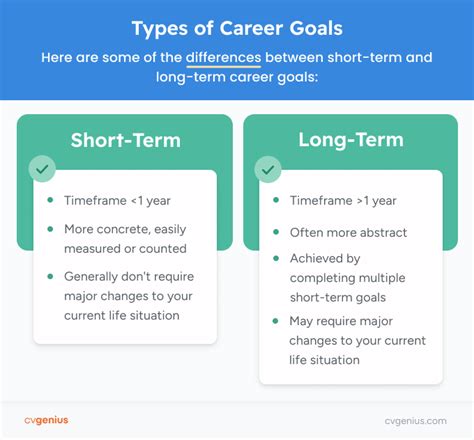For generations, the societal narrative has largely cast men in the role of primary financial providers for their families. This deeply ingrained expectation, while evolving, continues to exert a profound influence on men’s career trajectories and their approach to economic advancement. From the subjects they study to the industries they enter, and even how they negotiate their worth, the pressure to provide shapes a significant portion of their professional lives.
The Weight of Expectation on Career Paths
The implicit or explicit expectation for men to be the main breadwinners often steers them towards career paths perceived as stable, high-paying, or offering significant growth potential, sometimes at the expense of personal passion or interest. Fields like finance, engineering, law, medicine, and technology frequently attract a disproportionate number of men, partly because they are traditionally associated with higher earning potential and job security. This pursuit of lucrative professions can begin as early as high school, influencing college major choices and vocational training decisions.

This pressure might also lead men to prioritize job stability and upward mobility over work-life balance or roles that offer more flexibility but less financial reward. They might feel compelled to take on positions with longer hours, higher stress, or more demanding travel, all in service of maximizing their income to meet perceived financial responsibilities.
Educational and Professional Trajectories
The influence extends to educational choices. Young men might be encouraged, both subtly and overtly, to pursue degrees or certifications that lead directly to well-compensated jobs. This can mean foregoing studies in the arts, humanities, or less conventional fields, even if those areas align more closely with their aptitudes or desires. The calculation is often practical: what will provide the best return on investment in terms of earning capacity?
Furthermore, in their professional lives, men might be less inclined to take career breaks, even for personal reasons, due to the perceived threat to their financial provider status. This can impact decisions around paternity leave, caring for elderly parents, or pursuing entrepreneurial ventures that might involve an initial period of lower income or higher risk.

The Dynamics of Salary Negotiation
When it comes to salary negotiation, the expectation of being a primary financial provider can significantly impact a man’s strategy and assertiveness. There is often a heightened sense of urgency and determination to secure the highest possible compensation. For many, negotiation isn’t just about personal gain; it’s about securing the resources necessary to provide for a family, meet financial obligations, and achieve a certain standard of living.

This can manifest in a more aggressive negotiation style, a focus on base salary over other benefits (like flexible hours), and a reluctance to accept offers that don’t meet their perceived financial needs. There can also be an increased willingness to take on more responsibilities or longer hours if it translates to higher pay, viewing these sacrifices as necessary for their role as a provider. Conversely, the fear of financial instability if a negotiation fails can also make some men more cautious, leading them to accept an offer that is less than ideal but perceived as ‘safe.’
Psychological and Work-Life Implications
The constant pressure to be the primary financial provider can take a significant toll on men’s mental and physical health. The stress of consistently needing to perform at a high level, manage financial risks, and maintain job security can lead to burnout, anxiety, and depression. Their identity often becomes heavily intertwined with their earning capacity, making professional setbacks or financial difficulties particularly challenging to navigate.
This relentless pursuit of financial stability can also strain personal relationships and limit opportunities for personal development outside of work. The traditional division of labor, where men focus on external provision and women on domestic roles, has historically left men with less time or perceived permission to engage deeply in family life or leisure activities, further entrenching the financial provider identity.

Navigating a Changing Landscape
While the traditional expectation remains powerful, societal norms are gradually shifting. The rise of dual-income households, increasing financial independence for women, and evolving understandings of gender roles are beginning to reshape these dynamics. Younger generations of men may feel less confined by the sole provider role, potentially seeking careers that offer better work-life balance or align more closely with their passions, even if they aren’t the highest-paying.

However, the deeply rooted cultural narrative means that change is slow. Many men still grapple with the internal and external pressures of being the primary financial pillar, influencing every major career and financial decision they make.
Conclusion
The societal expectation for men to be primary financial providers significantly shapes their long-term career choices, pushing them towards high-earning, stable professions, and influencing their educational paths. This pressure also profoundly impacts salary negotiation strategies, often leading to a more assertive approach aimed at maximizing income to meet family responsibilities. As societal roles evolve, understanding these influences is crucial for fostering more equitable and mentally healthy career landscapes for all.




